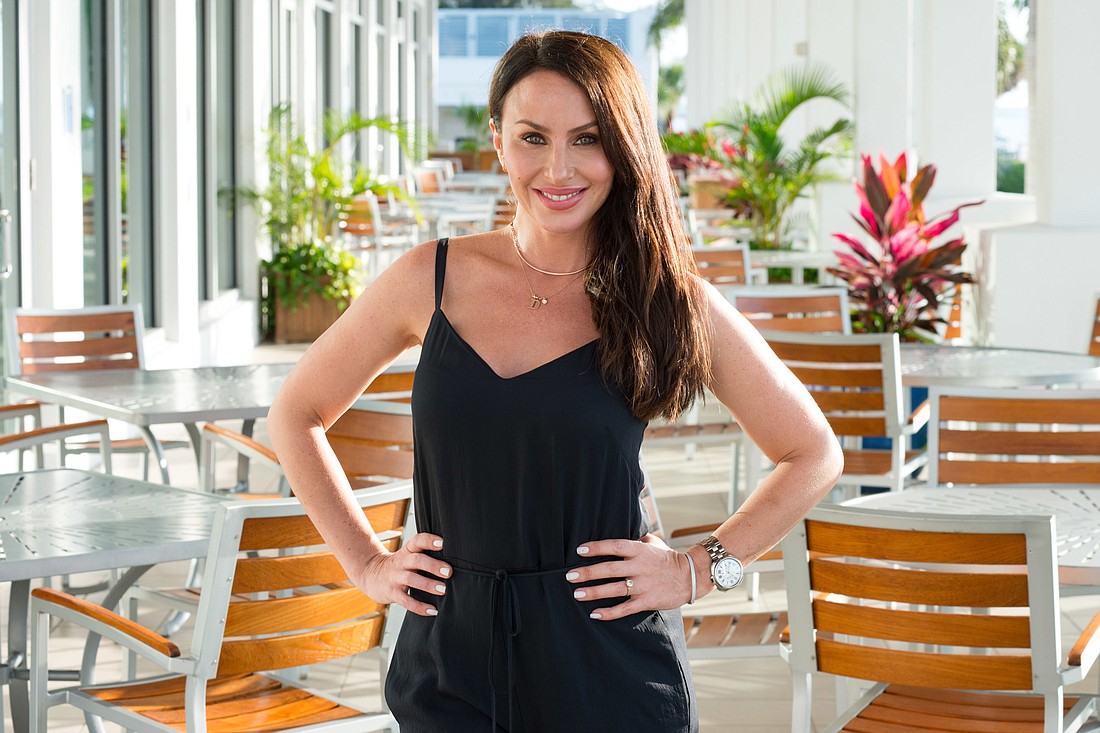- December 15, 2025
-
-
Loading

Loading

Molly Bloom’s life story — at only 41 — has already been through a Colorado-sized mountain of ups and downs.
For a time, she was the tabloid-press anointed Poker Princess. The Loveland, Colo. native and onetime competitive skier ran underground poker games on both coasts in her 20s, where A-list celebrities like Alex Rodriguez, Matt Damon and Leonardo DiCaprio were players.